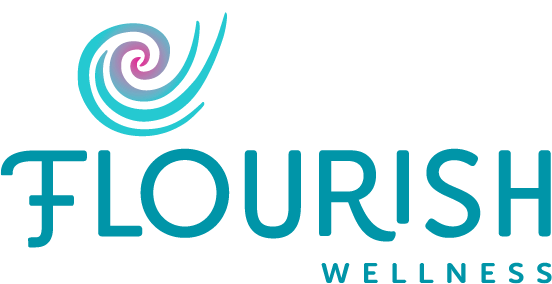Acupuncture is one of the world’s oldest continuously practiced health systems, dating back approximately 5,000 years. Acupuncture works by redirecting and balancing the flow of energy throughout the body, augmenting the body’s capacity to heal and increase vitality.
What is Acupuncture?
An acupuncturist will place fine, sterile needles at specific acupoints on the body. This activates the body’s Qi (movement of energy) and promotes natural healing by enhancing immunity, restoration and balance of the physical and mental states.
Scientific studies have shown that acupuncture regulates hormones, releases endorphins (the body's natural "pain killers"), influences the production of neurotransmitters and immune cells, relaxes muscles, increases circulation, and calms the nervous system.
What can affect Qi?
Many things influence the quality, quantity and balance of Qi. Physical, mental or emotional trauma, being disconnected from nature, stress, lack of exercise, overexertion (mental/ physical),seasonal changes, diet, or accidents can lead to a blockage or imbalance of Qi.
Normally, when this imbalance occurs, the body naturally bounces back, returning to a balanced state of health and well-being. When the disruption is prolonged, builds up, or if the body is in a weakened state, then illness, pain or disease has the opportunity to prosper.
What can I expect from my treatment?
Most people find acupuncture treatments relaxing and deeply nourishing. Often people fall asleep or relax in the peaceful and soothing atmosphere. After a treatment people can feel tired and relaxed or others feel energized and focused - it can depend on the day, the person and the treatment.
We use needles which are pre-sterilized, single-use, disposable needles that are 0.2mm wide- that is about as wide as two human hairs.
What does the World Health Organisation say about Acupuncture?
The World Health Organisation recognizes Acupuncture and Chinese Herbal Medicine’s ability to treat over 45 common disorders, including:
Musculoskeletal: arthritis, back, neck, knee and shoulder pain.
Gastrointestinal: gastritis, food allergies, peptic ulcer, chronic diarrhea, constipation, indigestion, heartburn, IBS, and nausea.
Gynecological: irregular, heavy or painful menstruation, infertility in women and men, PMS, menopause, fibroids, and endometriosis.
Neurological: stroke rehabilitation, neuropathy, dizziness, migraine headaches.
Urogenital: urinary tract infection, incontinence and sexual dysfunction.
Respiratory: sinusitis, asthma, allergies, bronchitis and common cold.
Circulatory: hypertension, angina, arteriosclerosis and anemia.
Emotional and psychological disorders: depression, stress, anxiety and insomnia.
Addictions: smoking, alcohol withdrawal
Eye, ear, nose and throat disorders
Supportive therapy for chronic disease: cancer, AIDS, hepatitis, autoimmune conditions.

